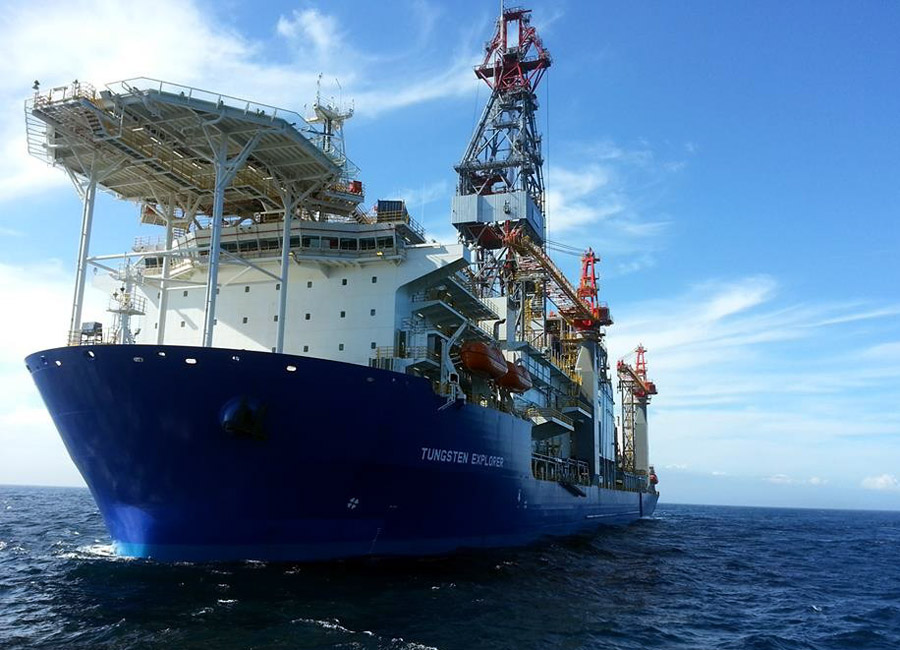Italian oil and gas giant Eni and its French partner TotalEnergies have made a significant gas discovery at the Cronos-1 well in Block 6, offshore Cyprus.
This discovery follows the Calypso-1 discovery made on the same block in 2018.
According to TotalEnergies, the Cronos-1 well, located some 160 km southwest off the Cyprus coast, encountered several good quality carbonate reservoir intervals and confirmed overall net gas pay of more than 260 meters.
Preliminary estimates indicate about 2.5 TCF of gas in place, with significant additional upside that will be investigated by a further exploration well in the area, Eni said in a separate statement.
TotalEnergies holds a 50% interest in Block 6, where Eni is the operator (50%).
“The gas discovery of Cronos-1 can unlock additional potential in the area and is part of Eni’s successful effort to provide further gas supply to Europe,” Eni said.
“This successful exploration well at Cronos-1 is another illustration of the impact of our Exploration strategy, which is focused on discovering resources with low technical cost and low carbon emissions to contribute to energy security, including to provide an additional sources of gas supply to Europe,” said Kevin McLachlan, Senior Vice President, Exploration at TotalEnergies.
Nicosia has granted drilling licenses for seven blocks to the Eni-Total consortium.
In 2018, the consortium announced a “promising gas discovery” but didn’t disclose any details until additional analysis was completed.
The first gas deposit was found off Cyprus in 2011 by Noble Energy which Chevron later bought out.
That deposit contains an estimated 4.5 trillion cubic feet of gas.
The Cyprus government has granted ExxonMobil, and partner Qatar Energy licenses to conduct exploratory drilling in two of 13 blocks inside waters off its southern coastline, where it has exclusive economic rights.
ExxonMobil discovered a deposit estimated to contain approximately 5-9 trillion cubic feet of gas in one such block and is currently drilling an appraisal well to get a more accurate estimate of its “quantity and quality”.
Appraisals and tests on “Glaucus-1” will take months before the collected data can be evaluated.










